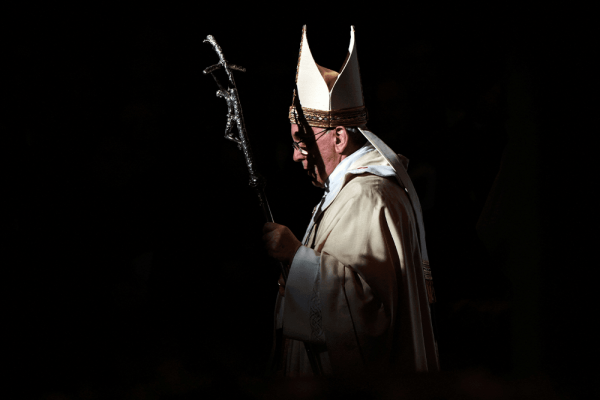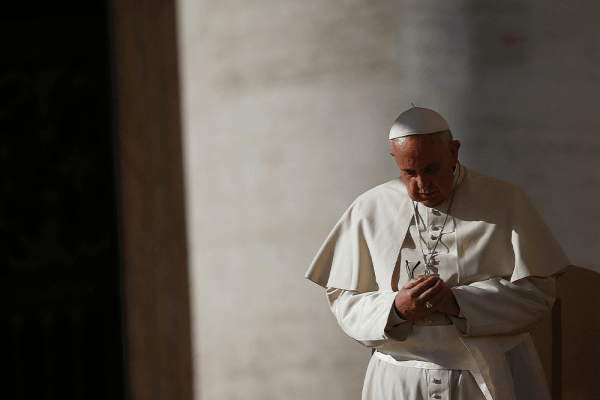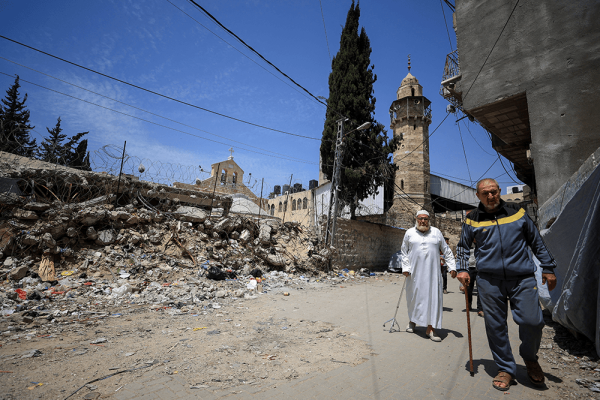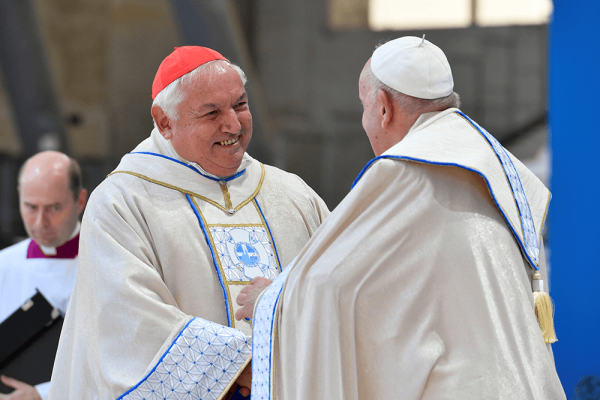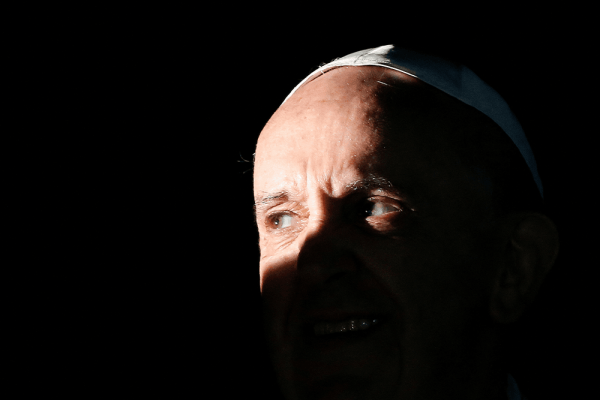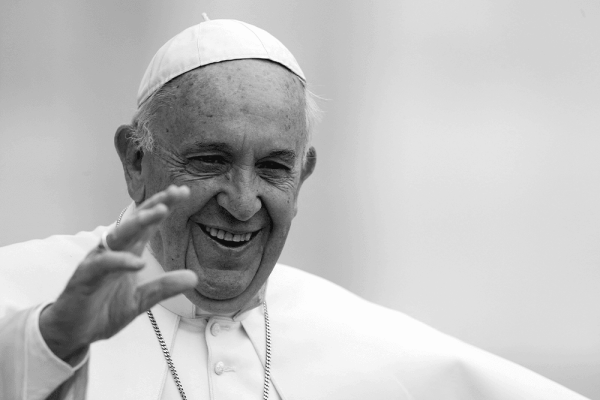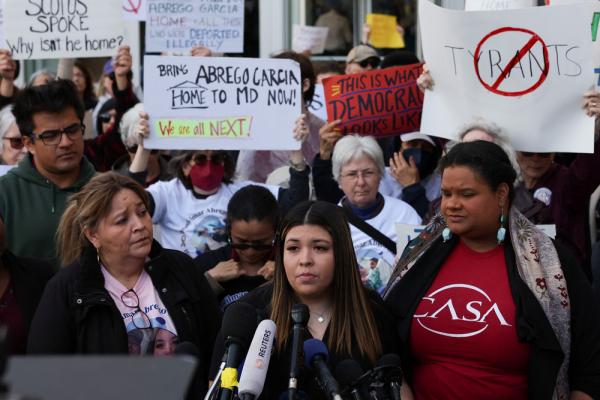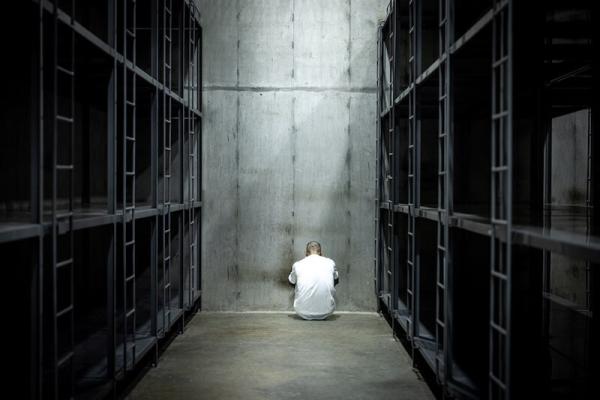In his 12 years as pontiff, Pope Francis forged a legacy of compassion, humanity, and joy. The pope’s concern for social justice was on the mind of many mourning his death. From climate change to global poverty, war and violence, LGBTQ+ people and women’s roles in the church, Francis was remembered not just for his teachings or leadership on hot-button topics, but also the Argentine’s pastoral approach to the people caught up in them.
Francis’ attempts at reforming the church often clashed with Catholicism’s growing right wing and failed to stop the flood of Catholics abandoning the church. It takes time to turn a 2,000-year-old church around, and ultimately, Francis’ papacy would be a complicated one, marred by the damage done in the church’s past, even as he tried to guide it forward into an unclear and troubling future. But like his namesake saint, he always put being a pastor first.
Francis called the church hours after the war in Gaza began in October 2023, Antone said, the start of what the Vatican News Service would describe as a nightly routine throughout the war. He would make sure to speak not only to the priest but to everyone else in the room, Antone said.
An old Italian saying warns against putting faith, or money, in any presumed front-runner ahead of the conclave, the closed-door gathering of cardinals that picks the pontiff. It cautions: “He who enters a conclave as a pope, leaves it as a cardinal.”
But here are some cardinals who are being talked about as “papabili” to succeed Pope Francis, whose death at the age of 88 was announced by the Vatican on Monday.
When Pope Francis’ condition first began to worsen in February, I found myself suddenly feeling the kind of vertiginous paradigm shift usually reserved for the loss of close family or friends, that sense of a curtain being torn aside and a truth being revealed. The detail that really broke me was the news that as he had gotten sicker, Francis continued to text and call the people of Holy Family Parish in Gaza. It was so far beyond what anyone would expect of a critically ill 88-year-old man. And yet it crystallized for me what has been so personally important about Pope Francis: his dedication to welcoming those on the margins.
Pope Francis, the first Latin American leader of the Roman Catholic Church, has died, the Vatican said on Monday, ending an often turbulent reign marked by division and tension as he sought to overhaul the hidebound institution.
At some point this Easter Weekend, Christians will be reflecting on the final words that Jesus spoke from the cross, sometimes referred to as the seven last words of Jesus.
When I was younger, I was convinced that System of a Down’s “Chop Suey!” was a Christian song because lead vocalist and lyricist Serj Tankian incorporated Jesus’ final declarations into the song. But dissimilar to the order that Christians have typically arranged Jesus’ final words, the song first quotes the cry of reunion and then climaxes with the cry of dereliction.
Considering that the Roman Empire believed Jesus was a terrorist and crucified him as one, emphasizing the cry of dereliction seems apt.
Reading these passages today, Jesus’ trial is a striking example of the interplay between the political power brokers who condemn Jesus to death and the crowds who cried out to Jesus days earlier for deliverance. While Pilate is responsible, he uses the crowd’s actions as cover, absolving himself of responsibility for deciding Jesus’ fate. Reading this story amid the deeply concerning judicial drama playing out in real time between the Trump administration and courts, I’m reminded of the role we all can play when we collectively act — or fail to act — in support of justice.
“The problem with the meritocracy ... [is that it] leeches all the empathy out of your society.”
The right-wing political commentator Tucker Carlson said that back in 2017 and, by my lights, there’s a kernel of truth there. It almost echoes the early 20th-century sociologist Max Weber’s critique of the Protestant work ethic, how Americans are trained to see wealth as a just reward for living a good life and poverty as punishment for living a bad one; an economic spin on Calvinism. Even if you think Carlson is a reactionary grifter (which I do), I think he’s onto something here.
This past March, the Trump administration deported over 200 men to El Salvador to be held in the notorious maximum-security prison known as the Centro de Confinamiento del Terrorismo.
White House spokespersons have repeatedly claimed that these men — most of whom are of Venezuelan background — are members of the Venezuelan gang, Tren de Aragua.
However, multiple outlets have reported that neither the U.S. government nor El Salvador have provided any evidence to support these accusations.
